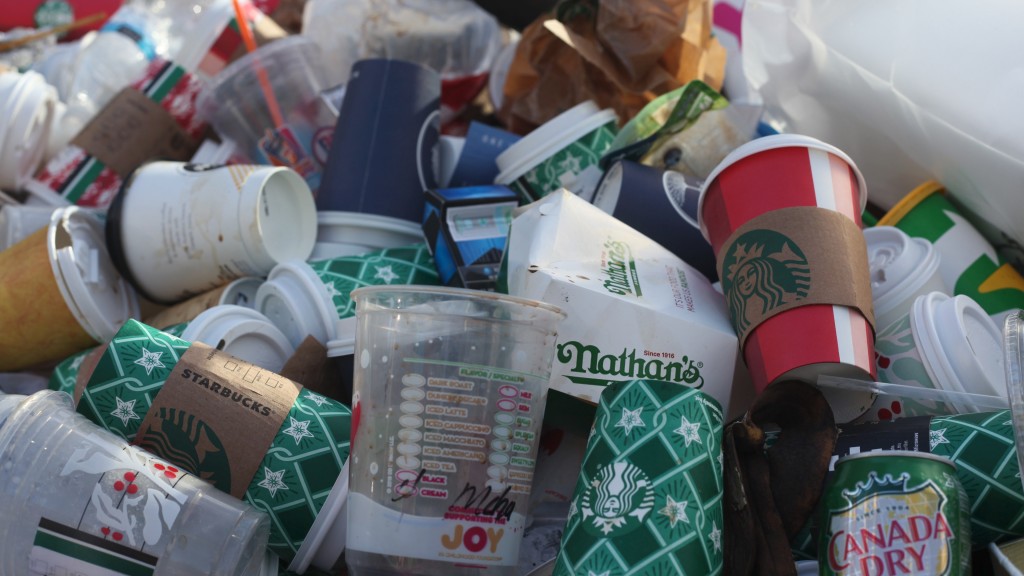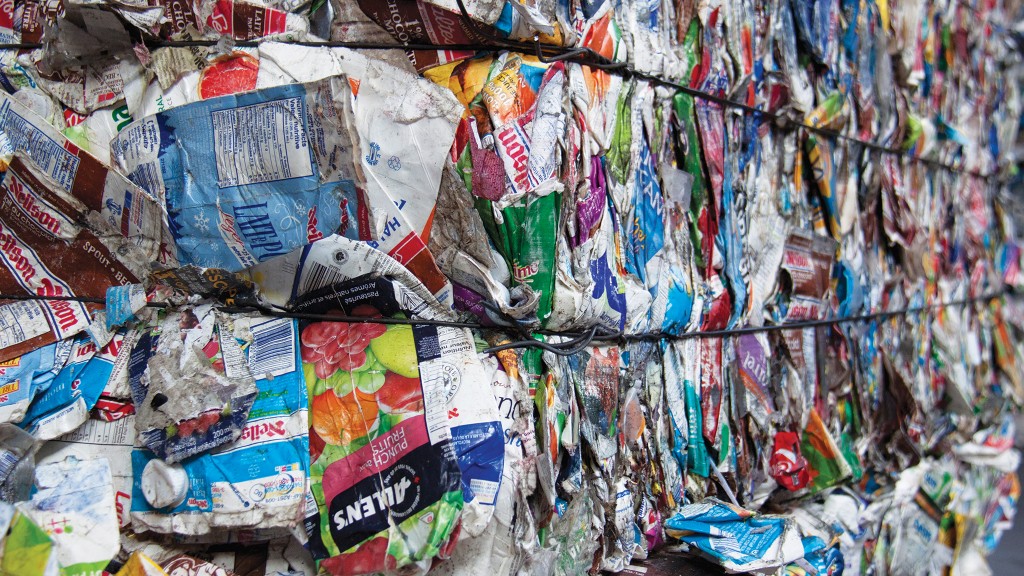AMP Robotics installation enables residential paper cup recycling at Texas MRF
Installation expands residential recycling stream for nearly half a million households in greater Dallas area

FCC Environmental Services has started to accept and sort paper cups and more efficiently capture food and beverage containers. The waste management provider has installed an AMP Robotics robotic sorter at its materials recovery facility (MRF) in the greater Dallas area. The new installation enables the sorting of paper cups and is more efficient in sorting food and beverage cartons. The FCC says that this new installation will help recycle the fibre found in both types of containers and can go on to make new paper-based products.
With this new installation, FCC has joined a trend of MRFs and communities that are including paper cups and food and beverage cartons as part of their residential recycling programs. This initiative was made possible by a collaborative equipment grant from the Carton Council of North America (CCNA), the Foodservice Packaging Institute (FPI), and the NextGen Consortium.
"With the installation of this new robotic sorting technology, we are proud to expand and improve our recycling capabilities and offer our customers in the Dallas metropolitan area the opportunity to recycle paper cups and cartons," says Bruce Magnuson, FCC's senior general manager.
"This robotic sorting and AI is a great example of how technology can help improve recycling and ultimately contribute to our circular economy by capturing more recyclable materials," says Larine Urbina, vice president of communications for the Carton Council. "We are proud to work with FCC to embrace innovation to expand recycling. Collaboration with others throughout the recycling value chain is a cornerstone of the Carton Council's strategy."
MRFs have multiple options for managing paper cups and cartons. While many MRFs include cups and cartons in mixed paper bales, FCC has opted to sort this material to a higher-value poly-grade bale. The new AMP robot plays a crucial role in mechanical recovery and makes the sorting of these materials for the higher-value market possible.
"Strengthening recycling infrastructure is vital to creating a more circular future for packaging. The NextGen Consortium is thrilled to partner with FCC and other industry leaders to provide grant funding for new recycling technology that can help keep more valuable packaging, like cups and cartons, in circulation and reduce waste," says Kate Daly, head of the Center for the Circular Economy at Closed Loop Partners – the managing partner of the NextGen Consortium.
"Our equipment grant program is designed to help organizations invest in new recycling infrastructure and drive innovation in waste management. We are excited to see the impact it is having in the Dallas metro area expanding recycling to nearly half a million households," says Natha Dempsey, president of the Foodservice Packaging Institute.
Once paper cups and cartons enter the recycling system, they can be used by mills to make new paper products that consumers use every day, like paper towels, toilet paper, napkins, and new cups.



